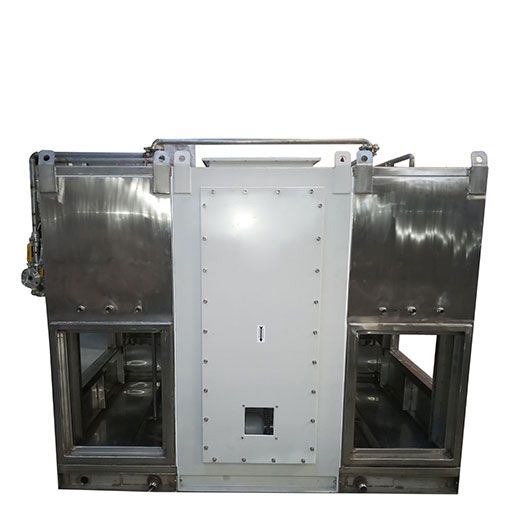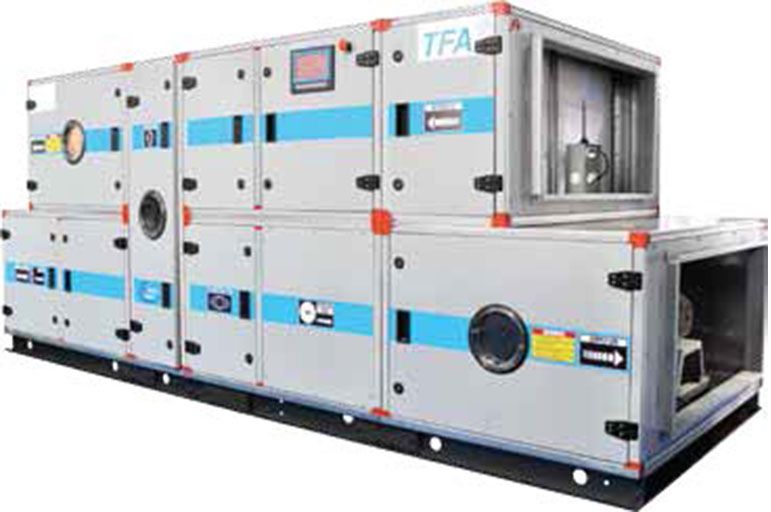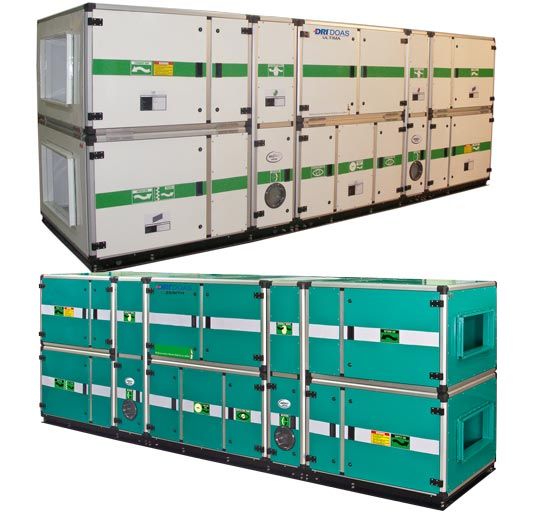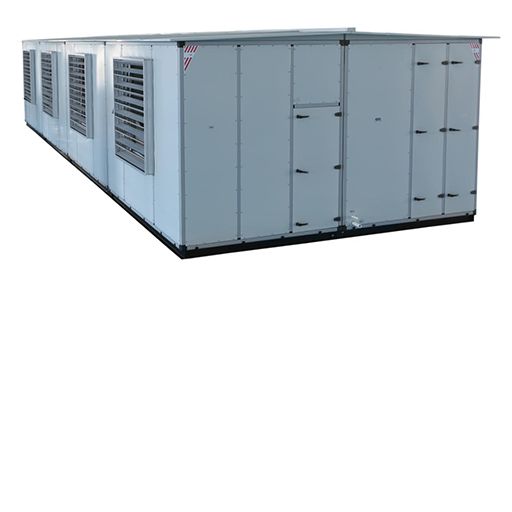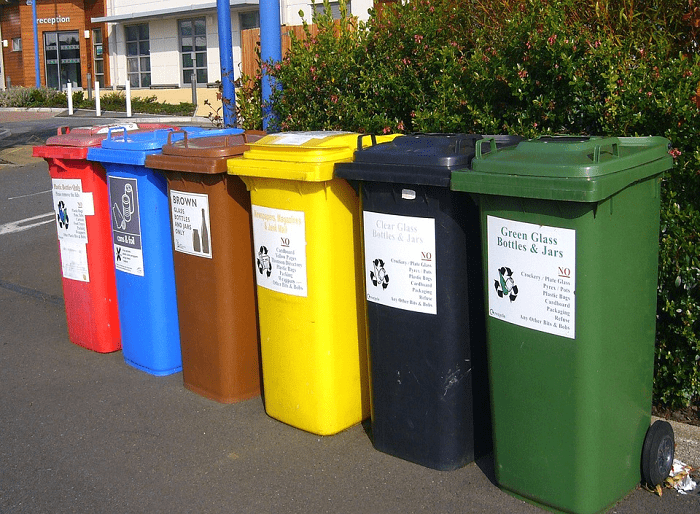Increasing waste in landfills, on the streets and none in recycling plants: this is how India manages its waste during a pandemic.

”Recycling is not recognized as an essential service [in India],” said Archit Jhingon of Trendene India. The low prioritization of recycling as a waste management strategy in India has knocked the imports of scrap metals off the essentials list during this pandemic.
With a global halt in shipping and freight transportation, recycling firms in India which rely on imported materials to operate are facing a shortage in revenue. According to Jhingon, this heavy reliance on imports is ”ultimately because of poverty.”
The low production of scrap metal waste can be attributed to few end-of-life regulations for vehicles which have its roots in low consumption.
The reduction in demand has also disturbed the fiscal equilibrium in waste management, leading to a severely reduced selling price, which has driven buying prices up.
Combined with the rise in disposable waste and disposable goods consumption, particularly medical waste, this has resulted in overburdened landfills and ”a complete halt” of reuse and recycling.
According to Jhingon, most of the recycling industry in India employs manual labor. In addition to sealed state borders, the nearly 25% drop in demand has forced this workforce to return to their homes. As a result, livelihoods have been uprooted, especially for contractual workers.
Therefore, a loss in staffing, lockdown-induced closure of factories and recycling plants, a loss of global demand and the worldwide shutdown of non-essential shipping has put a roadblock in India’s shift to a circular economy.
But this is only applicable to solid, tangible waste. The situation is quite different for Desiccant Rotors International’s (DRI) environmentally sound air control facilities.
According to HuffPost, there is evidence that volatile organic compounds can cause allergies and breathing difficulties over extended periods of time. Stagnant air inside a room can thus increase the likelihood of contracting viruses in general, not only COVID-19.
There is a need to ”dilute the indoor pollution,”said Varun Pahwa, President of DRI. His company works to provide ”fresh air in a highly energy efficient manner.”
But waste in the form of gaseous pollutants is not limited only to air conditioners. Vehicular emissions also play a significant role in air pollution, and the nationwide lockdown in India has seen a drastic reduction in pollution levels. According to NASA, these levels are at a 20-year low.
According to Akshay Kashyap, founder of GreenFuel Energy Solutions, the cleaner air will catalyze the shift towards a green transport sector. ”Cheaper mobility” will form the basis of this, in the form of low-speed electrified 2-wheelers.
This change will be driven by ”those buyers who have already shifted their mindset towards electric vehicles,”Kashyap said.
The pandemic has incentivized changes in energy everywhere, and has made evident the need for nations to become independent and step away from ”very strong globalization,” he said.
He added that governmental policy to regulate vehicular waste is a ”carrot and stick” situation, wherein a mandate to make delivery fleets 50% electrified will form the ”stick” of policy, whereas the long term cost efficiency of clean transport will make the ”carrot.” For delivery companies and all those who choose to switch to electric vehicles or clean transport, the ”more they run, more they’ll save.”
Not only is there fiscal incentive but the switch to green vehicles might reduce the likelihood of contracting COVID-19, based on the World Economic Forum’s report indicating a correlation between air pollution and deaths caused by the virus.
Kashyap underscored that the methods required to effectively managing the increasing waste are present, but the need of the hour is a ”well to wheel” approach to waste management, wherein there is zero waste from the extraction to the generation and supply of energy and its sources.

For this purpose, there needs to be a holistic approach to handling and processing waste. Alas, ”we have too many stakeholders thinking in isolation…nobody wants to grab the bull by the horns,”thus letting go of an opportunity not only to have a clean economy but also a healthier environment for all Indians.
Pahwa said the air conditioning industry is ”quite mature,” in that companies tend to follow environmental regulations set down by the Central government and remain in sync with international environmental covenants India is a signatory to.
But Kashyap said ”cleanness has to be followed to clear policy to the last leg – you can’t have policy in isolation.”
Managing waste is a complex issue, even though the methodology appears simple. The pandemic has shown nations that self-sufficiency in energy generation is something to keep at the forefront going forward from here. At the same time, this self-reliance will also cause”changes in geopolitical relations,” according to Kashyap.
Finally, the recycling sector plays a major role in the reduction of vehicular waste, wherein an end-of-life policy by Central mandate will bolster the energy sector, recycling and the automotive industry. This will result in fiscal growth for all and a clean environment.
A redressing of the waste management in India to promote organic waste-to-energy would be ”a real good use of resources,”Kashyap said.





